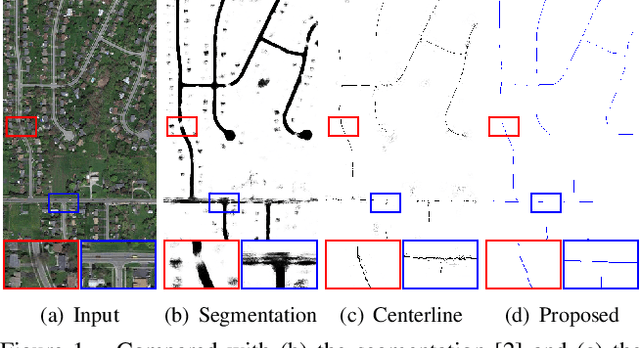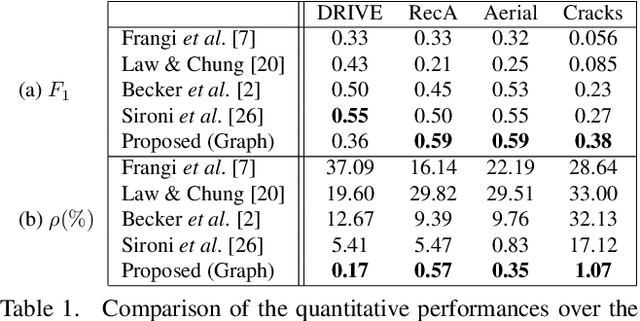Nicolas Nisse
Weakly synchronous systems with three machines are Turing powerful
Aug 21, 2023Abstract:Communicating finite-state machines (CFMs) are a Turing powerful model of asynchronous message-passing distributed systems. In weakly synchronous systems, processes communicate through phases in which messages are first sent and then received, for each process. Such systems enjoy a limited form of synchronization, and for some communication models, this restriction is enough to make the reachability problem decidable. In particular, we explore the intriguing case of p2p (FIFO) communication, for which the reachability problem is known to be undecidable for four processes, but decidable for two. We show that the configuration reachability problem for weakly synchronous systems of three processes is undecidable. This result is heavily inspired by our study on the treewidth of the Message Sequence Charts (MSCs) that might be generated by such systems. In this sense, the main contribution of this work is a weakly synchronous system with three processes that generates MSCs of arbitrarily large treewidth.
Progressive Tree-like Curvilinear Structure Reconstruction with Structured Ranking Learning and Graph Algorithm
Dec 08, 2016



Abstract:We propose a novel tree-like curvilinear structure reconstruction algorithm based on supervised learning and graph theory. In this work we analyze image patches to obtain the local major orientations and the rankings that correspond to the curvilinear structure. To extract local curvilinear features, we compute oriented gradient information using steerable filters. We then employ Structured Support Vector Machine for ordinal regression of the input image patches, where the ordering is determined by shape similarity to latent curvilinear structure. Finally, we progressively reconstruct the curvilinear structure by looking for geodesic paths connecting remote vertices in the graph built on the structured output rankings. Experimental results show that the proposed algorithm faithfully provides topological features of the curvilinear structures using minimal pixels for various datasets.
 Add to Chrome
Add to Chrome Add to Firefox
Add to Firefox Add to Edge
Add to Edge